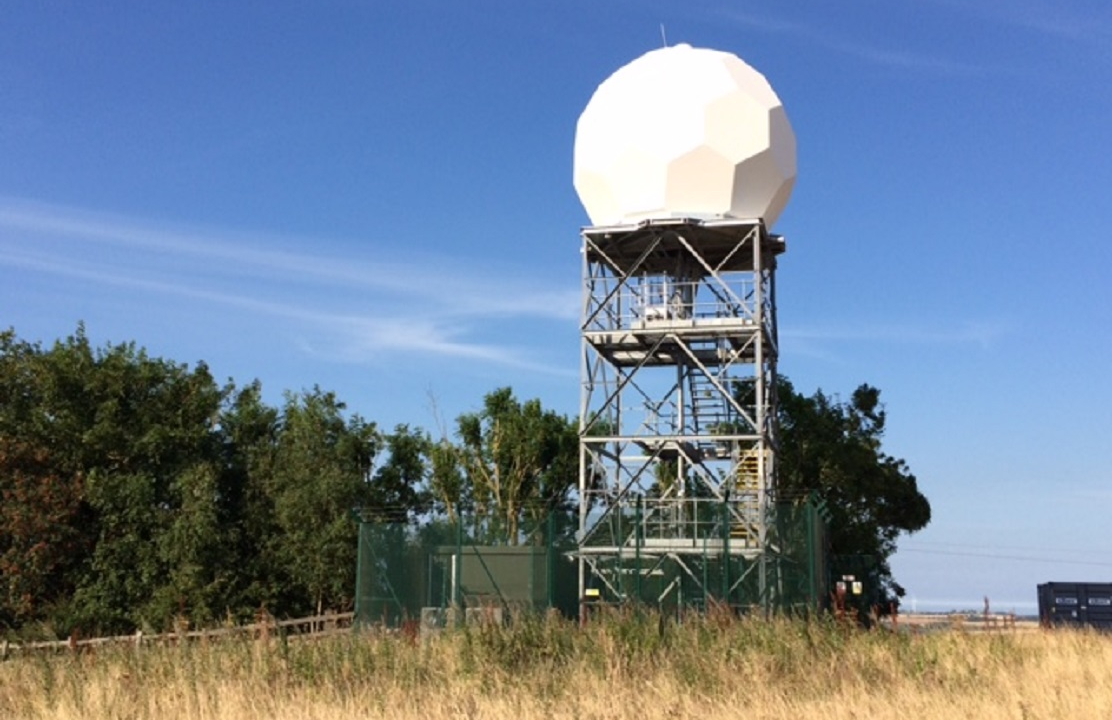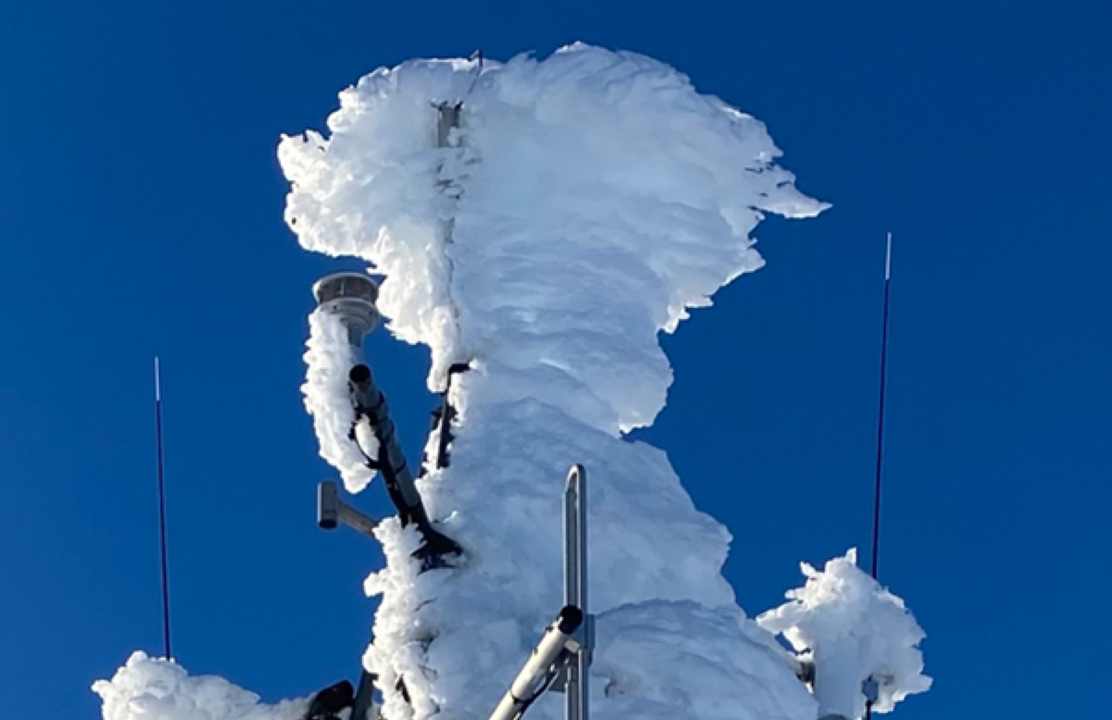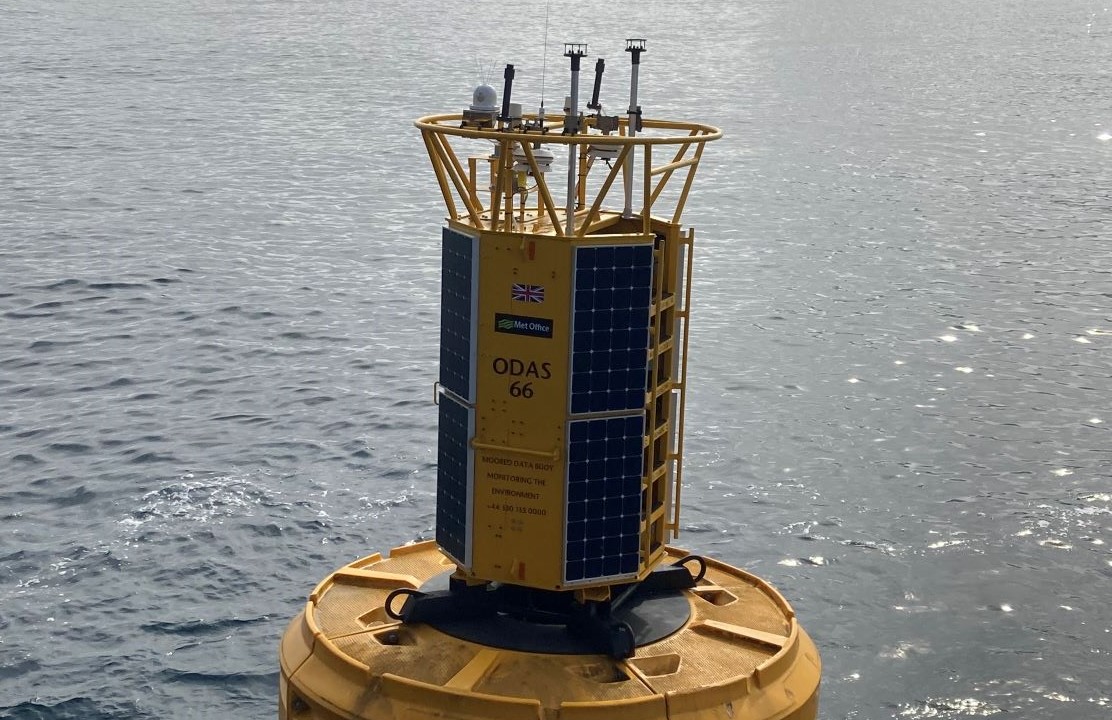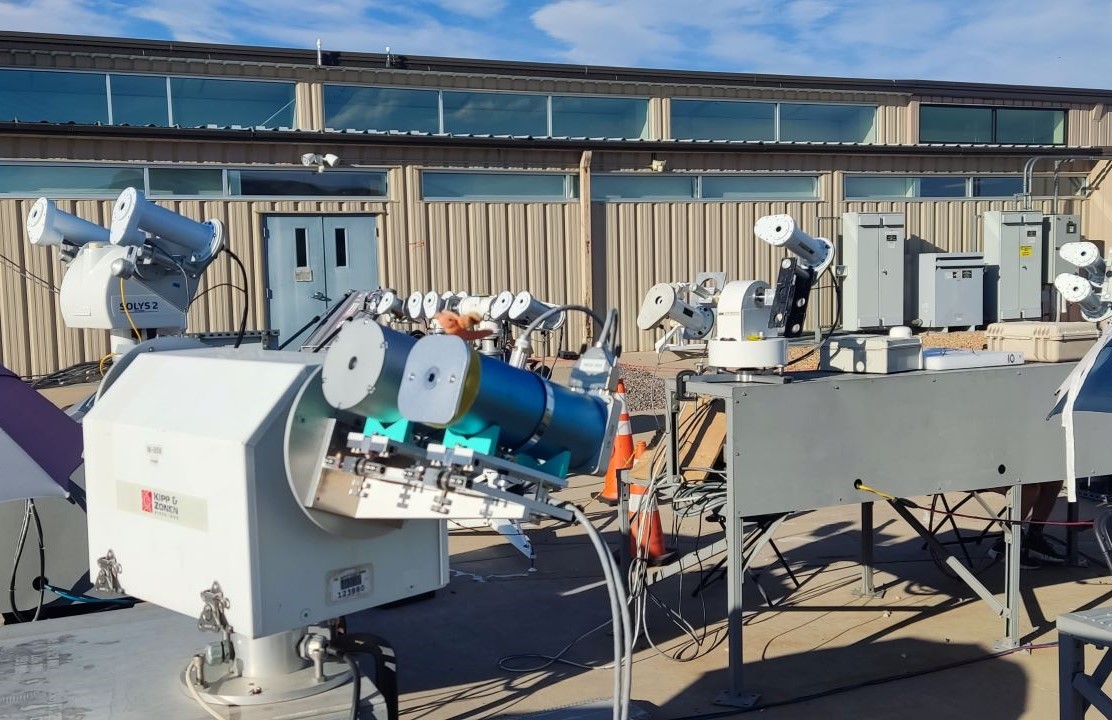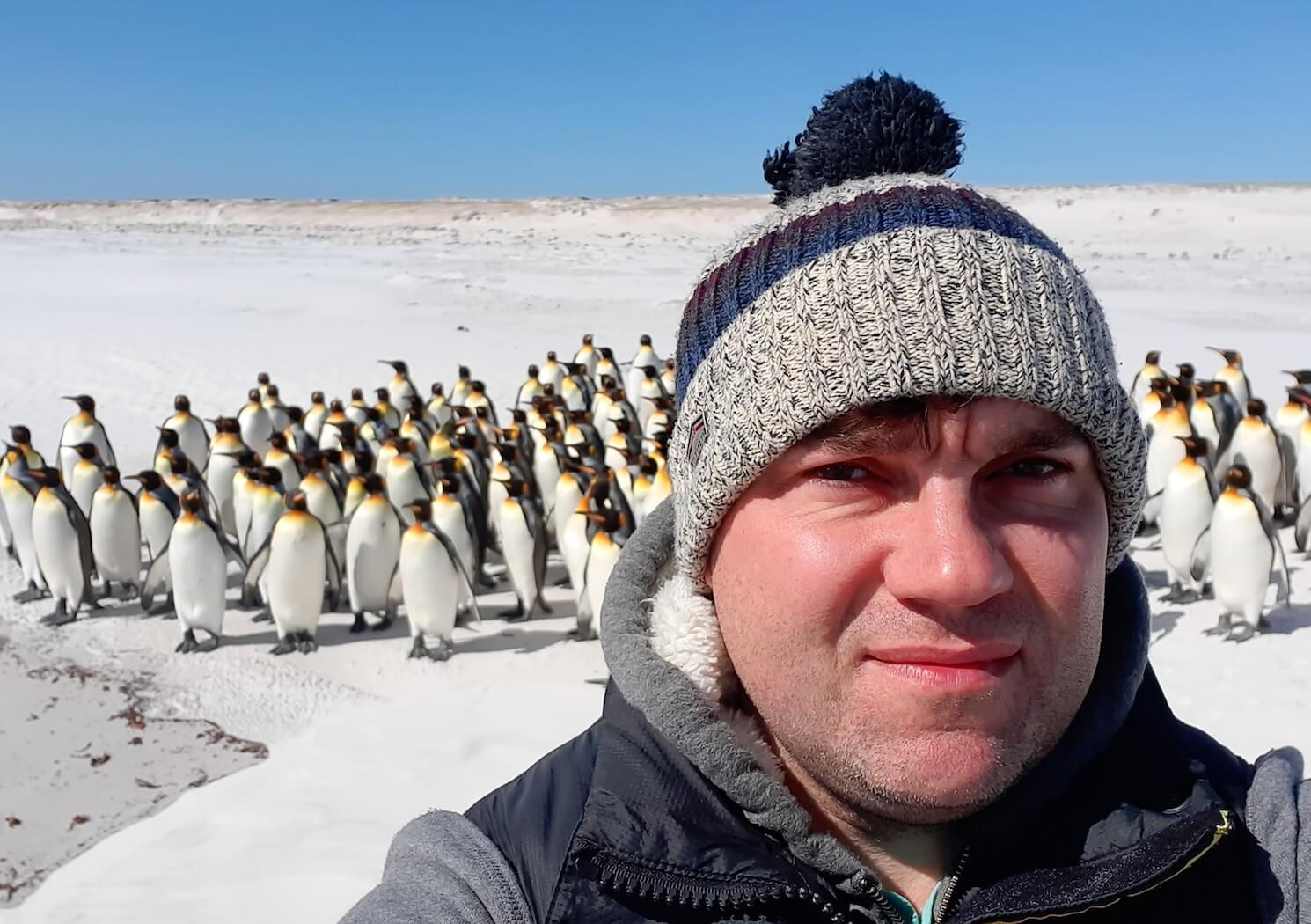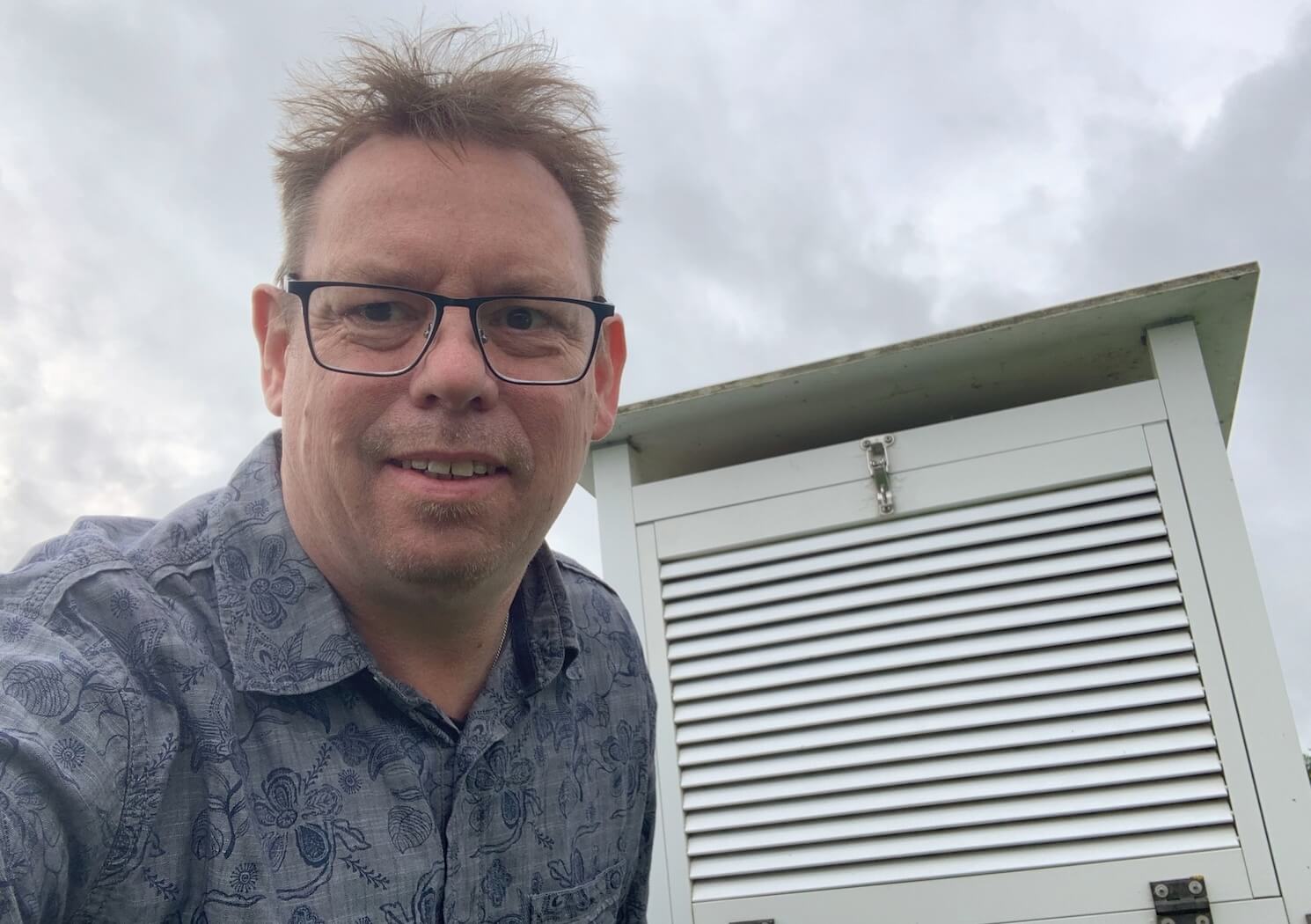This is
leading-edge work
Careers in Engineering
This is
leading-edge work
Careers in Engineering
Engineering with precision and purpose
From mountain summits to ocean depths. Far flung global locations to those closer to home. Behind our world changing scientific capabilities and forecasting expertise lies an incredible amount of weather data. And our engineers go above and beyond to collect the best data with everything from state-of-the-art weather radars to oceanographic buoys. The world is changing rapidly and the need for new, innovative ways to meet customers’ data requirements, is bigger than ever. Our teams provide a holistic approach to monitoring the weather and climate and Meteorological Engineering is critical to our forecasts, services, climate change capabilities.
Keep an eye on what our Engineering team are up to by using the hashtag #EngineeringForGood.
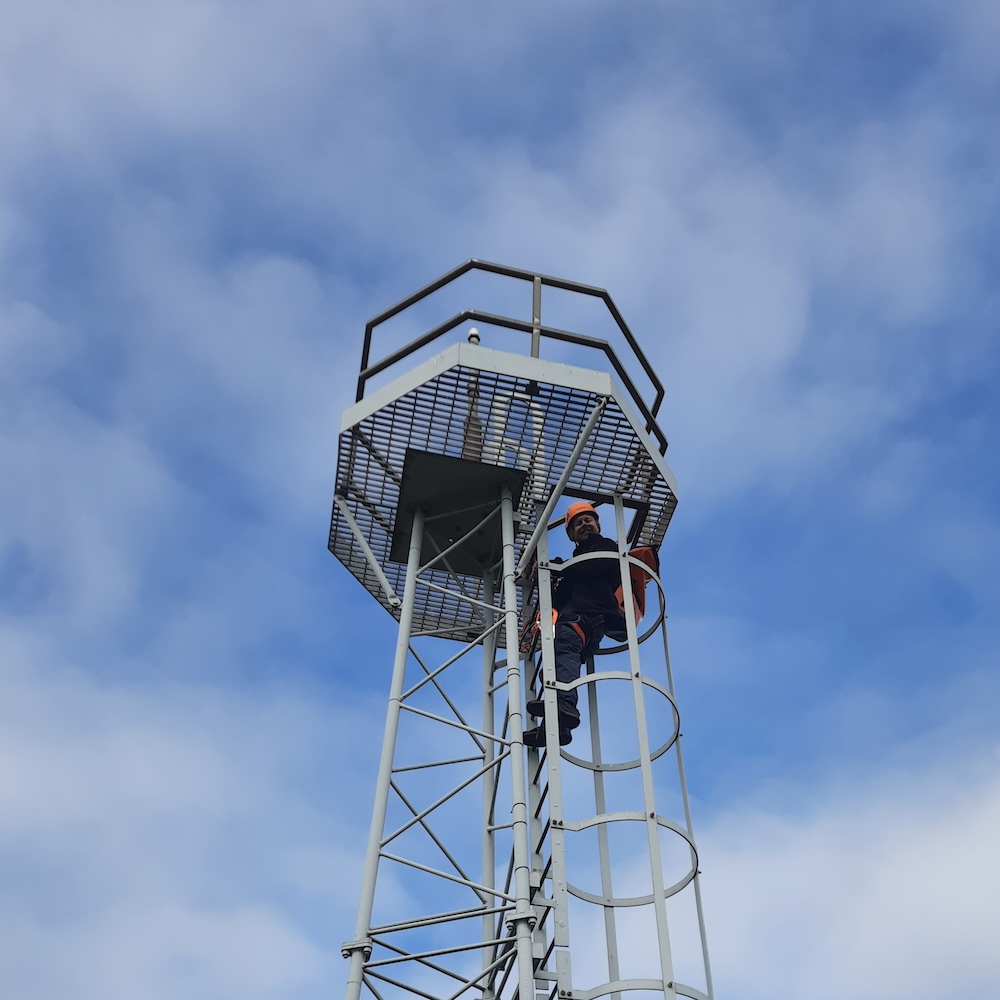
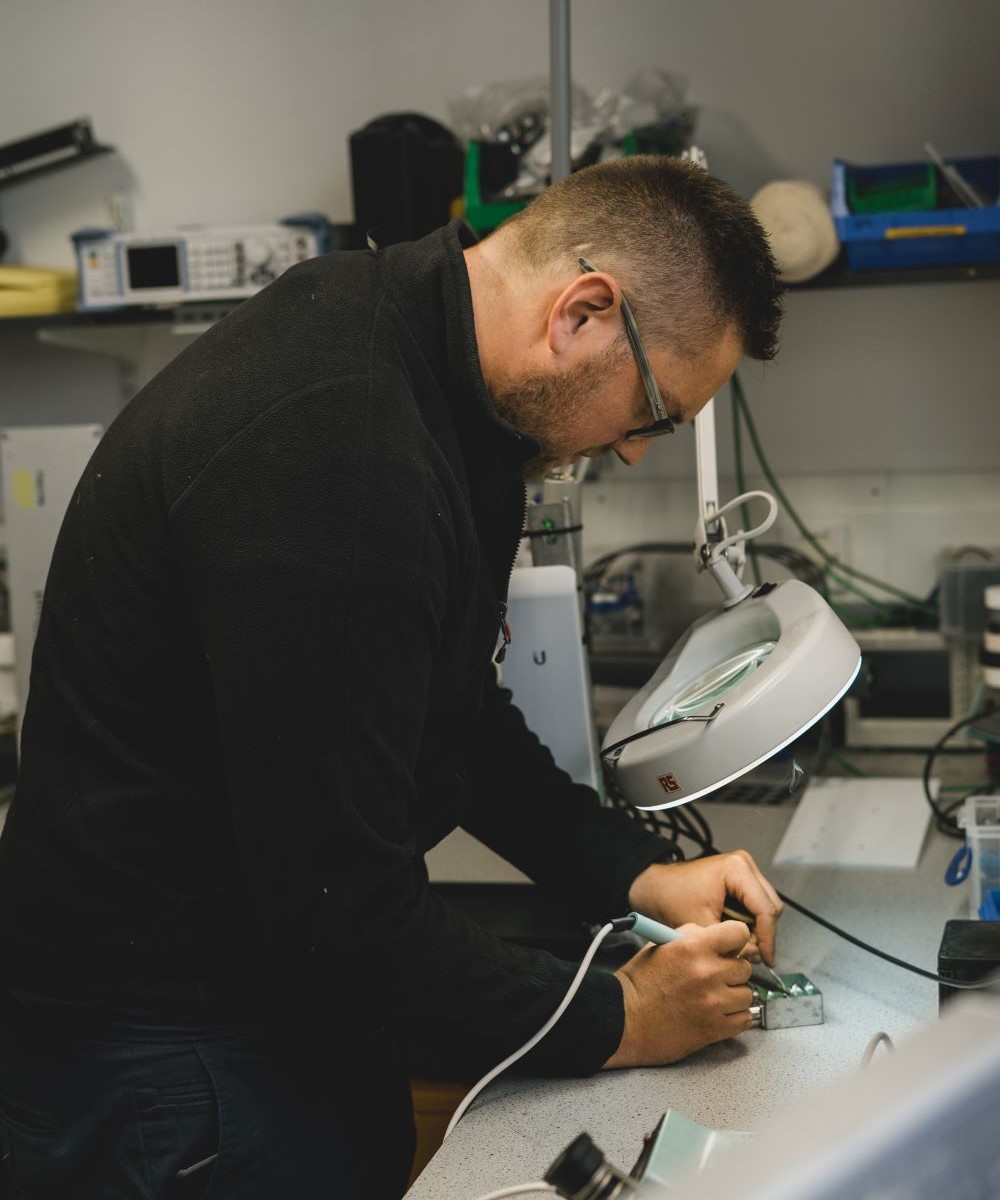
What we look for in an engineer
Our teams of engineers come from a range of backgrounds and levels. The relevant skills you bring to us are more important than where you come from. Be it from a degree or practical experience, you’ll need a good knowledge of engineering: working with electronics, mechanisms, calibration, instrumentation and process measurements. You’ll combine initiative and independence with the ability to work as a great team player; proactivity and urgency with high professional standards; and technical ability with those all-important softer skills.
We will, of course, give you extensive training but we’d like you to come to us with a natural passion for finding innovative solutions to complex problems. Our engineers need analytical, inquisitive minds: people who aren’t afraid to think differently and people who don’t shy away from complex challenges. You may be out and about at different sites, interacting with different people so it’s important that you’re confident talking to people at all levels. A good sense of commercial awareness and business acumen would also be great. Although we don’t expect you to know everything, it’s fundamental that you’re keen to learn and develop your skills.
Our engineering teams
Research and Development
Field Services
Transitions and Data Quality
Marine and Technical Services
Weather Radar
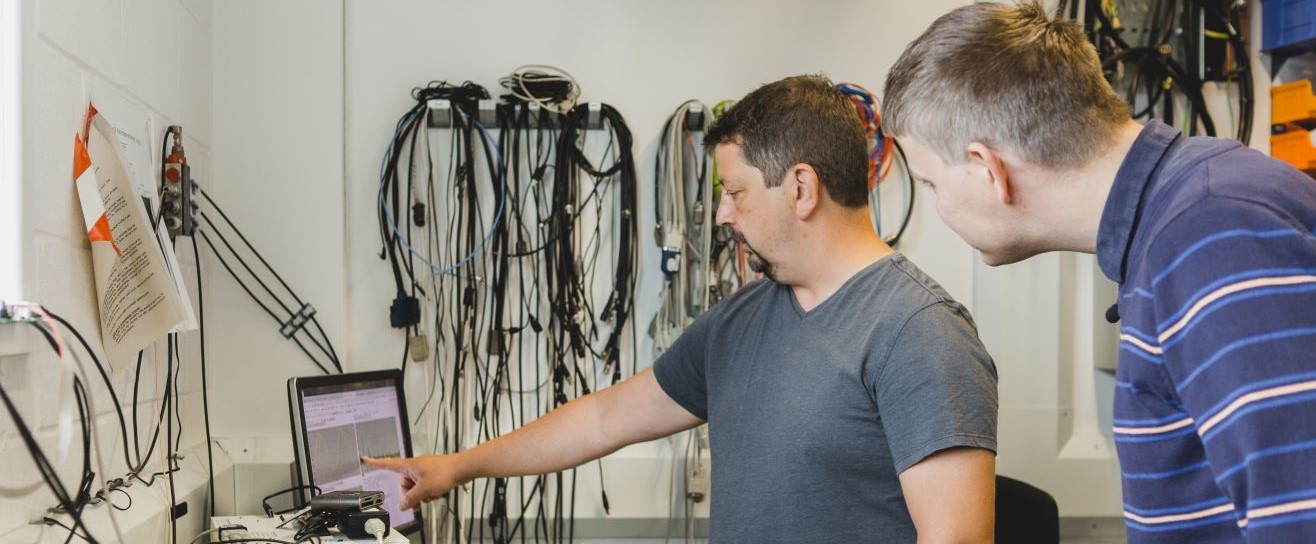
Research and Development
We are a purpose driven organisation who love what we do. In fact, we live and breathe it. Our designated research and development team are constantly working towards developing new instruments and capabilities, to deliver world-changing work and keep the Met Office fit for the future.
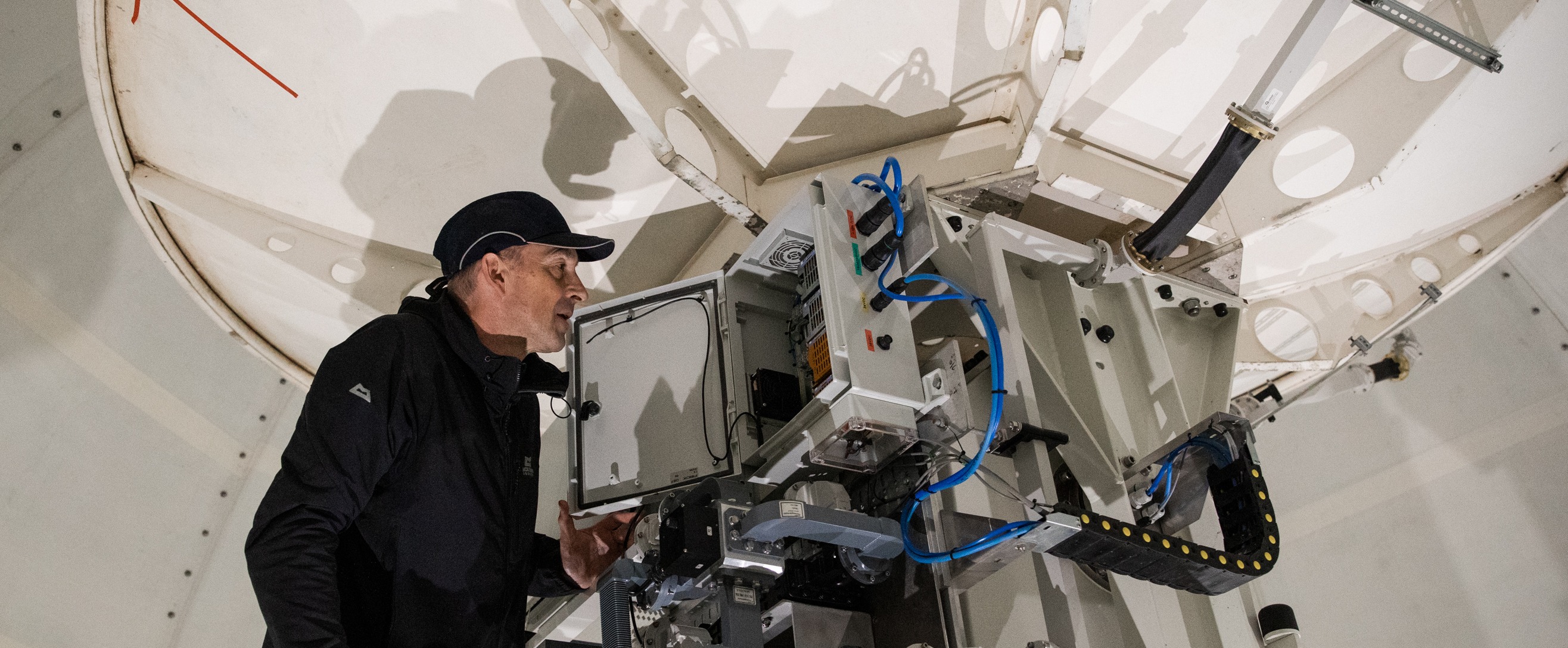
Field Services
Observations feed into meteorological forecasting. Based around the UK and in Exeter, our field and marine service engineers provide around the clock critical maintenance, installation and repair of machinery, systems and equipment that are vital to the Met Office operations.
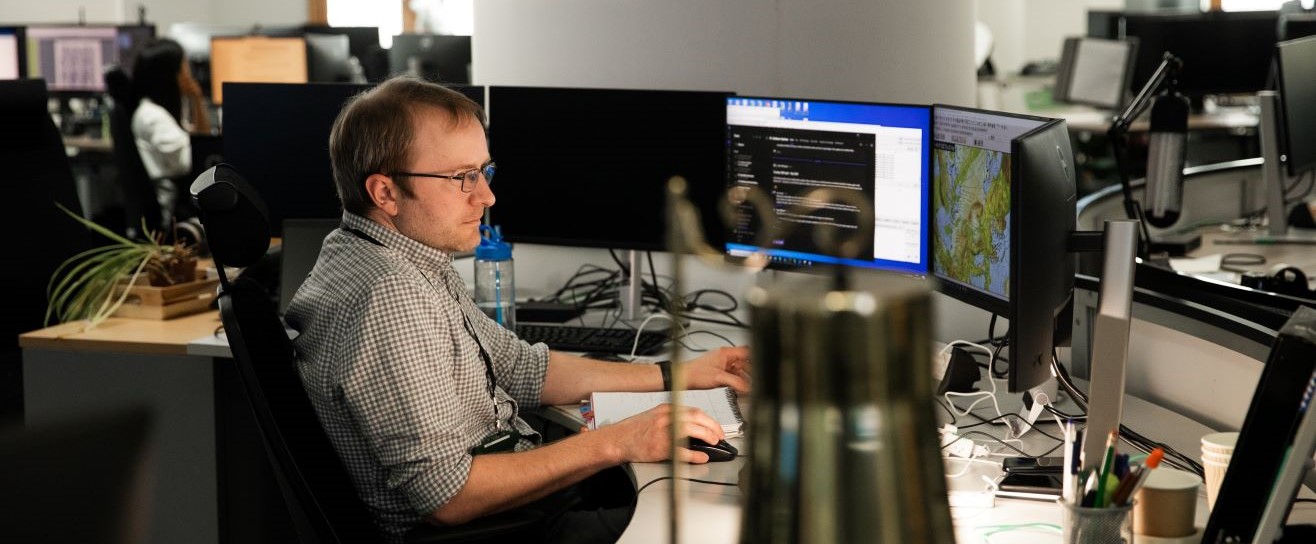
Transitions and Data Quality
Technical expertise is essential to deliver the best solutions to our customers. Working in a mixed team, our technical services engineers provide tech support and other IT services, often for highly technical systems or those used by customers in technical or scientific fields.

Marine and Technical Services
The Marine Systems Engineering team is responsible for developing, deploying, operating and maintaining offshore observational sites on everything from a fleet of voluntary ships to buoys in the Atlantic Ocean, light vessels in the English Channel and other platforms of opportunity. As marine observations come from data sparse regions, they are incredibly valuable to the global meteorological community and key to delivering world-changing work.
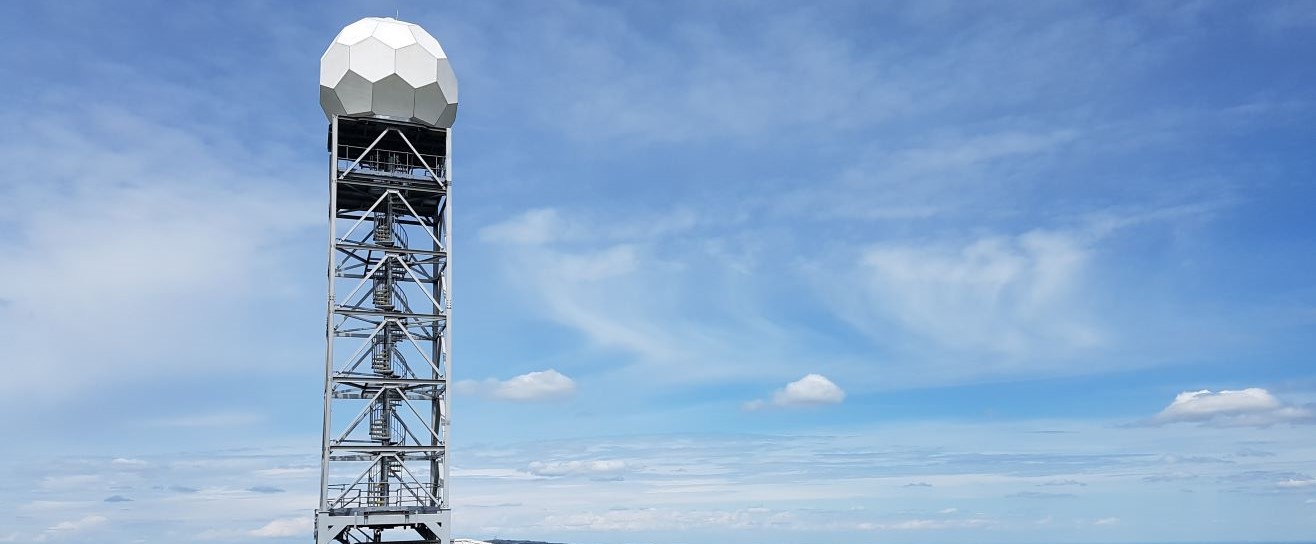
Weather Radar
The radar systems team works to develop and improve our radar systems, to provide the next generation of Weather Radar capability. This team looks after the UK Weather Radar Network, which provides continuous, real-time rainfall data over almost the whole of the UK land area and inshore waters. And gives us valuable information for immediate emergency response in times of extreme weather conditions, as well as providing data to flood planners when managing future risk.

Investing in your development
This is engineering with real-world purpose, and we want our engineers to be equipped with up to the minute knowledge on the latest technical advances. So, we invest in your world of development, with exciting projects, fresh challenges and continuous learning opportunities. Our Engineering Professional Skills Framework provides a career map to show different available routes to help you reach your career aspirations. The Framework is aligned with the Engineering Council UK. You’ll receive regular engineer training, in everything from, Climb and Rescue, Advanced Driving and Equipment Training. We’ll also support you through Professional Registration to gain Engineering Technician, Incorporated Engineer or Chartered Engineer status.
Find out more